
Edgar Morin (born Edgar Nahoum) is a French philosopher and sociologist who has been internationally recognized for his work on complexity and "complex thought," and for his scholarly contributions to such diverse fields as media studies, politics, sociology, visual anthropology, ecology, education, and systems biology. He holds degrees in history, economics, and law. Though less well known in the United States due to the limited availability of English translations of his over 60 books, Morin is renowned in the French-speaking world, Europe, and Latin America. At the beginning of the 20th century, Morin's family migrated from the Greek town of Salonica to Marseille and later to Paris, where Edgar was born. He first became tied to socialism in connection with the Popular Front and the Spanish Republican Government during the Spanish Civil War. When the Germans invaded France in 1940, Edgar fled to Toulouse, where he assisted refugees and committed himself to Marxist socialism. As a member of the French Resistance he adopted the pseudonym Morin, which he would use for the rest of his life. He joined the French Communist Party in 1941. In 1945, Morin married Violette Chapellaubeau and they lived in Landau, where he served as a Lieutenant in the French Occupation army in Germany. In 1946, he returned to Paris and gave up his military career to pursue his activities with the Communist party. Due to his critical posture, his relationship with the party gradually deteriorated until he was expelled in 1951 after he published an article in Le Nouvel Observateur. In the same year, he was admitted to the National Center of Scientific Research (CNRS). Morin founded and directed the magazine Arguments (1954–1962). In 1959 his book Autocritique was published. In 1960, Morin travelled extensively in Latin America, visiting Brazil, Chile, Bolivia, Peru and Mexico.He returned to France where he published L'Esprit du Temps. That same year, French sociologist Georges Friedmann brought him and Roland Barthes together to create a Centre for the Study of Mass Communication that, after several name-changes, became the Edgar Morin Centre of the EHESS, Paris. Beginning in 1965, Morin became involved in a large multidisciplinary project, financed by the Délégation Générale à la Recherche Scientifique et Technologique in Plozévet. In 1968, Morin replaced Henri Lefebvre at the University of Nanterre. He became involved in the student revolts that began to emerge in France. In May 1968, he wrote a series of articles for Le Monde that tried to understand what he called "The Student Commune." He followed the student revolt closely and wrote a second series of articles in Le Monde called "The Revolution without a Face," as well as co-authoring Mai 68: La brèche with Cornelius Castoriadis and Claude Lefort. In 1969, Morin spent a year at the Salk Institute for Biological Studies in La Jolla, California. In 1983, he published De la nature de l’URSS, which deepened his analysis of Soviet communism and anticipated the Perestroika of Mikhail Gorbachev. Morin was married to Johanne Harrelle, with whom he lived for 15 years. In 2002, Morin participated in the creation of the International Ethical, Scientific and Political Collegium. In addition to being the UNESCO Chair of Complex Thought, Morin is known as a founder of transdisciplinarity and holds honorary doctorates in a variety of social science fields from 21 universities (Messina, Geneva, Milan, Bergamo, Thessaloniki, La Paz, Odense, Perugia, Cosenza, Palermo, Nuevo León, Université de Laval à Québec, Brussels, Barcelona, Guadalajara, Valencia, Vera Cruz, Santiago, the Catholic University of Porto Alegre, the Universidade Federal do Rio Grande do Norte, and Candido Mendes University Rio de Janeiro. The University of Messina in Sicily, Ricardo Palma University in Lima, and the Centre National de la Recherche Scientifique (CNRS), the French National Research Center in
Series
Books

Homeland Earth
A Manifesto for the New Millennium
1993
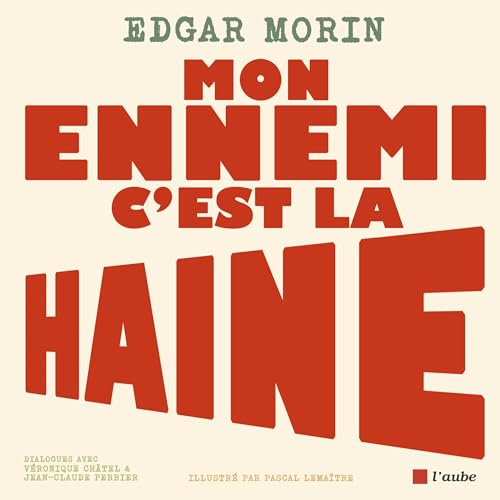
Mon ennemi, c'est la haine
2024
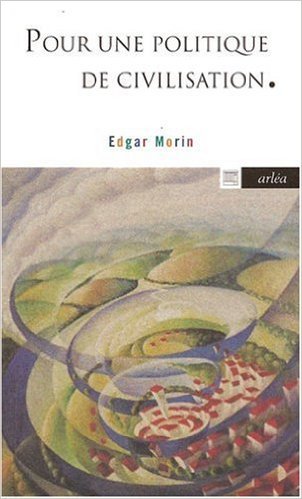
Pour une politique de civilisation
2002
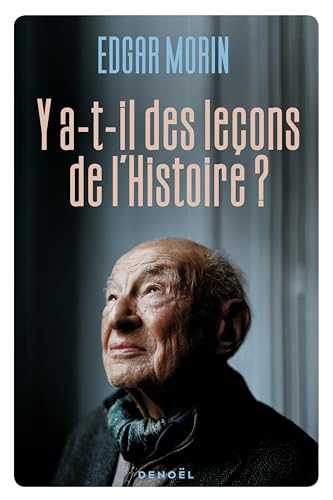
Y a-t-il des leçons de l'histoire ?
2025
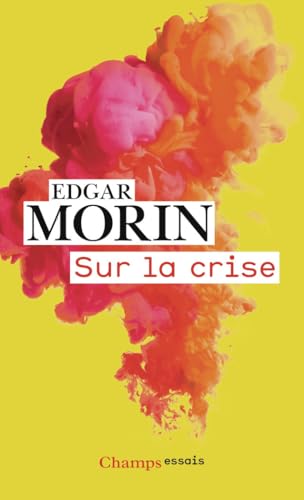
Sur la crise
2020

La Vie de la Vie
1980

On Complexity
2008
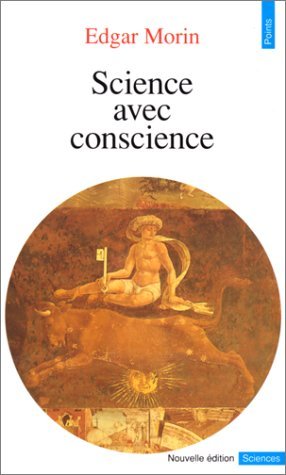
Ciencia con Consciencia
1982

L'Identite Humaine/Methode 5
2001
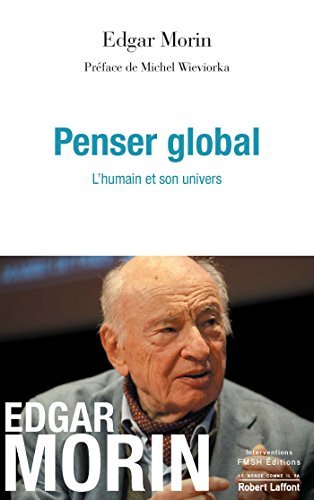
7 lezioni sul pensiero globale
2015

Méthode 6. L'éthique T6
2004

Cheminer vers l'essentiel
2024

La Voie
Pour l'avenir de l'Humanité
2011

La Méthode
La Connaissance de la connaissance. Anthropologie de la connaissance (Sciences humaines
1986
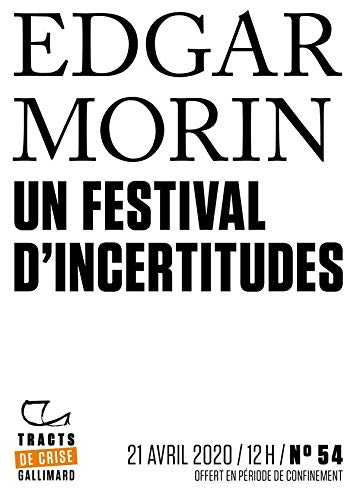
Un Festival d'incertitudes
2020

L'homme et la mort
1970
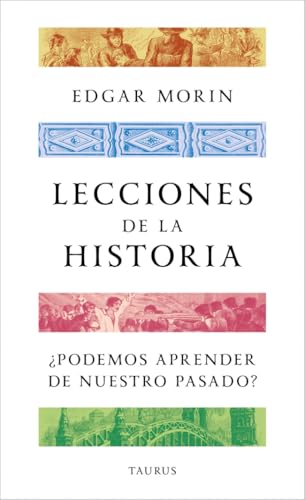
Lecciones de la historia
¿Podemos aprender de nuestro pasado?
2025

The Stars
1957

Les Idées
1991

ثقافة أروبا وبربريتها
2005

La fraternité, pourquoi?
2019

La testa ben fatta
Riforma dell'insegnamento e riforma del pensiero
1999

O Paradigma Perdido
A Natureza Humana
1973

Le star
2025

The Intelligence of Complexity
1990

عن الجمال
2016

إلى أين يسير العالم؟
2007

Amor, poesia, sabiduria
1997
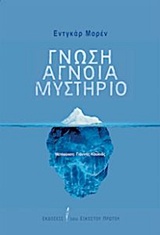
Γνώση, άγνοια, μυστήριο
2017
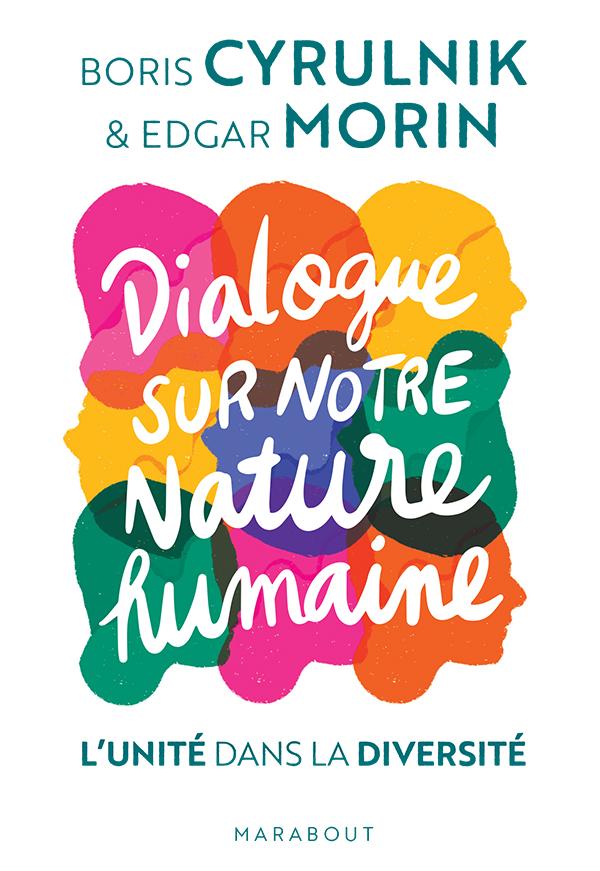
Dialogue sur notre nature humaine
2000

Au péril des idées
Les grandes questions de notre temps
2014

في الجماليات
2016

The Cinema, or The Imaginary Man
1956
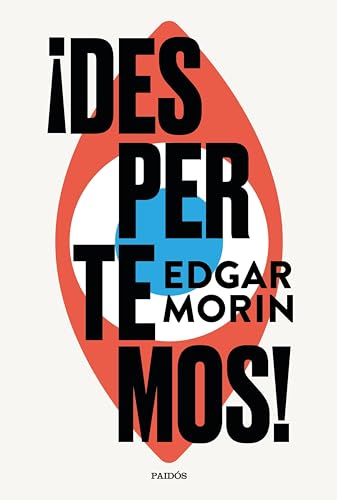
¡Despertemos! (Estado y Sociedad)
2024

Enseigner à vivre
Manifeste pour changer l'éducation
2014

لنستيقظ
2022

Leçons d'un siècle de vie
2021
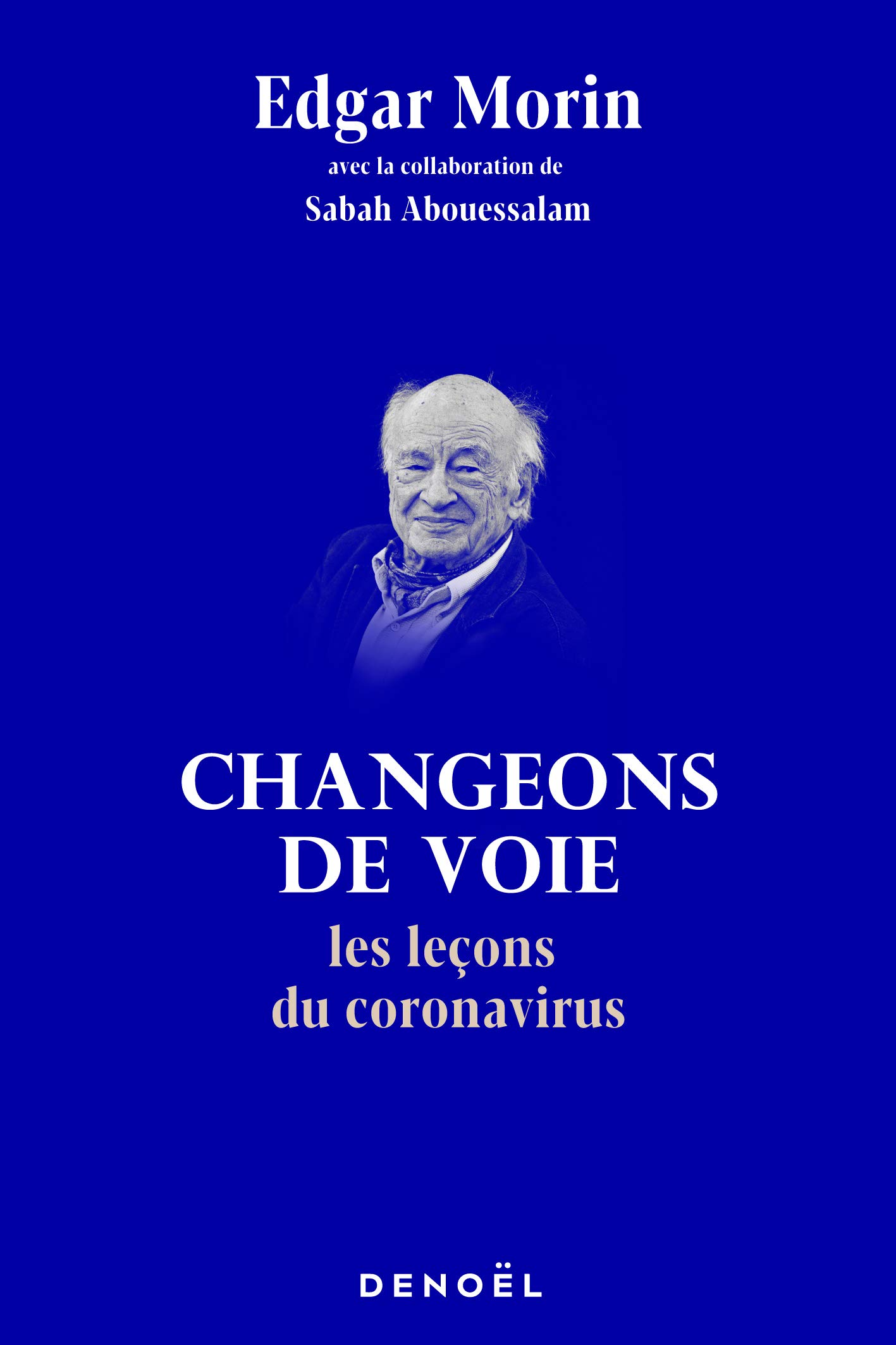
Changeons de voie
Les leçons du coronavirus
2020

Concept of Europe
1987

Os Sete Saberes Necessários à Educação do Futuro
1999

La méthode
La Nature de la Nature
1977
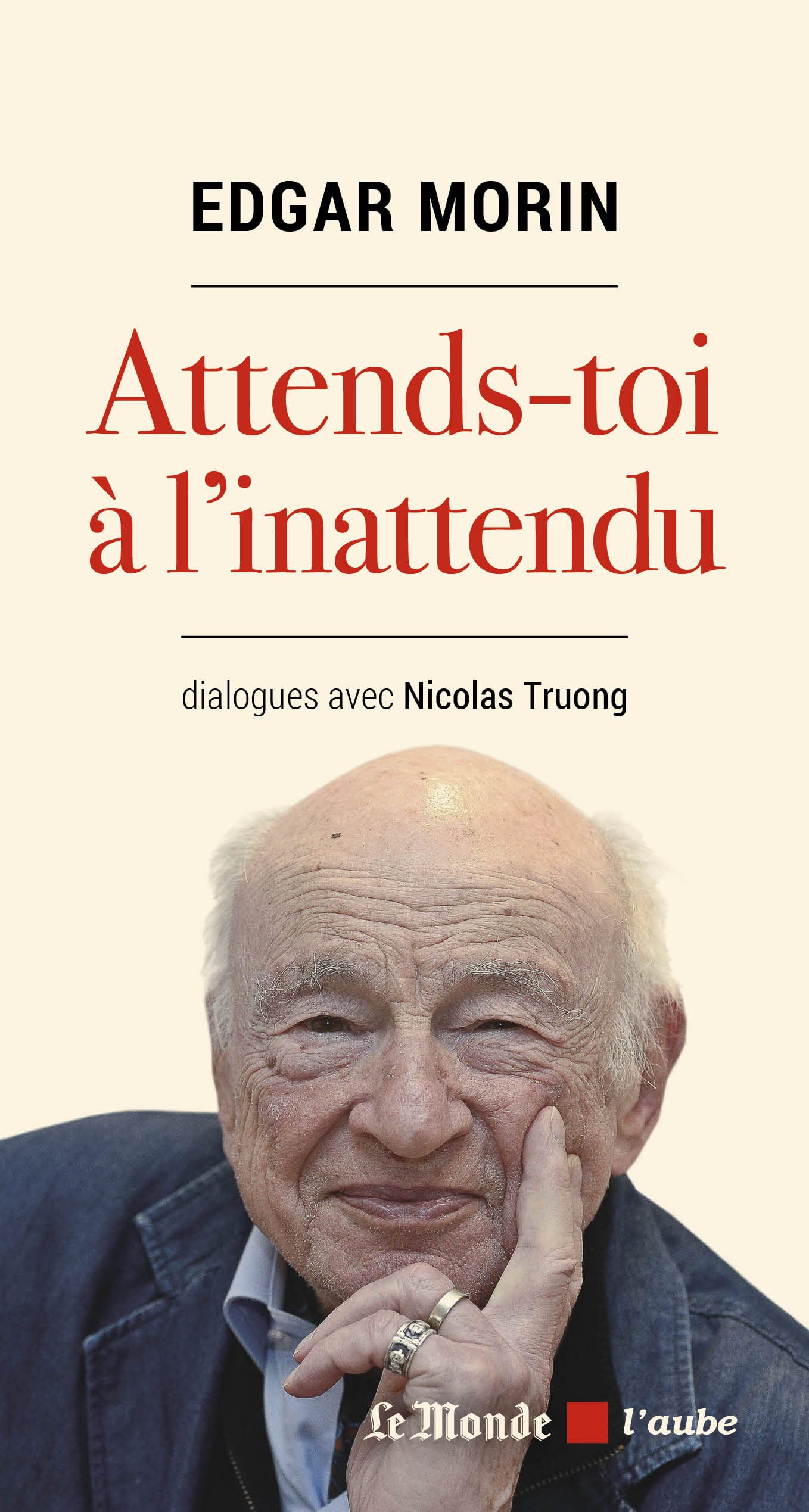
Attends-toi à l'inattendu
2021